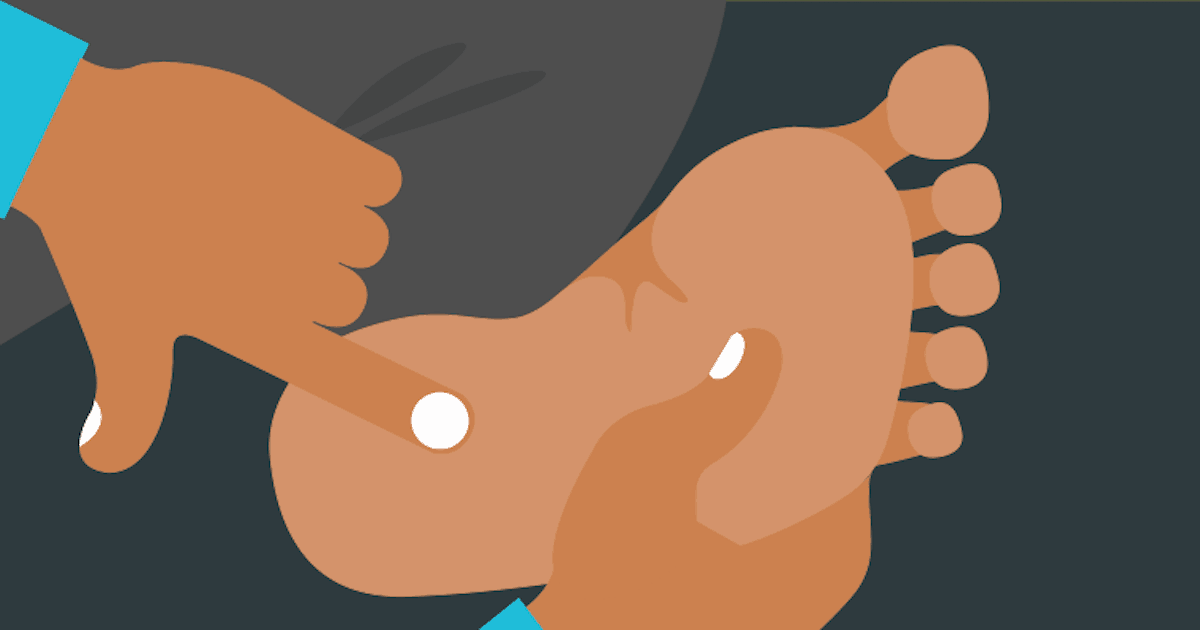The majority of people like sugar, yet we know it can lead to serious health problems. When you have actually realized the damage that sugar can do to your body, you will find sweet treats a lot less appealing. Indeed, if you eat too much sugar, you will encounter these 5 warning signs.
IF YOU EAT TOO MUCH SUGAR, YOUR BODY WILL TELL YOU THROUGH THE FOLLOWING OF THESE 5 SIGNALS
Health problems
Sugar is an important part of our diet, but it can also be harmful if you eat too much. If you eat lots of sugar, you might develop health problems. It is a well-known fact that sugar is bad for health. It can cause diabetes, high blood pressure and obesity. In addition, it is addictive and makes you feel good when you eat it.
Sugar is something that we consume every day and it’s not just in drinks. many foods contain sugar, such as bread and yogurt. Sugar is found in fruits and vegetables but we don’t eat too much of them so we should be fine. Sugar addiction can quickly appear, if you still want sweets and carbohydrates, you must act. In this case, to get rid of sugar in your body, you will have to follow a detoxification treatment.
Lack of energy and fatigue
Sugar is a carbohydrate that the body converts into glucose, which produces energy. The brain uses this energy to function properly. Eating too much sugar can increase your blood sugar level significantly. This leads to fatigue and tiredness because the brain does not get enough glucose for it to function properly.
Sugar also interferes with the body’s ability to absorb iron, which leads to anemia and fatigue. When we eat sugar it causes a spike in insulin levels, which can lead to hypoglycemia—low blood sugar that leaves you feeling fatigued and lightheaded. Sugar is an essential nutrient, however, only a small amount is required to satisfy the body’s daily needs.
Feet and skin problems
Excessive consumption of sugar can cause eczema, rosacea or acne. This is because sugar can cause inflammation. It is possible to solve this problem by removing sugar from your diet. According to Dr. S. Green, a podiatrist in New York, sugar is the main cause of plantar fasciitis. Plantar fasciitis is a condition that causes pain in the heels and feet.
Excessive consumption of sugar can also cause fatigue and dark circles under the eyes. There are some people who cannot imagine their lives without sugar. Excessive consumption of sugar can lead to skin problems such as fungal infections as well as foot problems such as athlete’s foot or warts.
Weight gain
Who says too much sugar says too many calories. This is because the sugar does not contain protein or fiber. Insulin resistance and weight gain can be caused by excessive insulin production due to excessive sugar consumption. Sugar can make you gain weight because it causes the body to release insulin, which promotes fat storage. Sugar also decreases your body’s ability to burn fat.
According to the American Heart Association, excessive amounts of sugar are associated with overweight and obesity, which leads to type 2 diabetes, high blood pressure, heart disease, stroke, some cancers and early death. Sugar can make you gain weight because it causes the body to release insulin, which promotes fat storage. Sugar also decreases your body’s ability to burn fat.
Frequent flu and colds
Do you have regular flu or colds? If this is the case, you may be eating too much sugar. By consuming too much sugar, your body is struggling to effectively fight the flu and colds and your immune system begins to weaken. Because sugar weakens the immune system, it makes it more difficult for the body to fight off infections.
If you experience one or more of these symptoms, you should try to limit your sugar intake as soon as possible, to improve your health and prevent many health problems. In recent years, sugar reduction has become a trend in many aspects of our lives, from the food industry to the health sector. Reducing sugar intake has been proven to be beneficial for health.

















